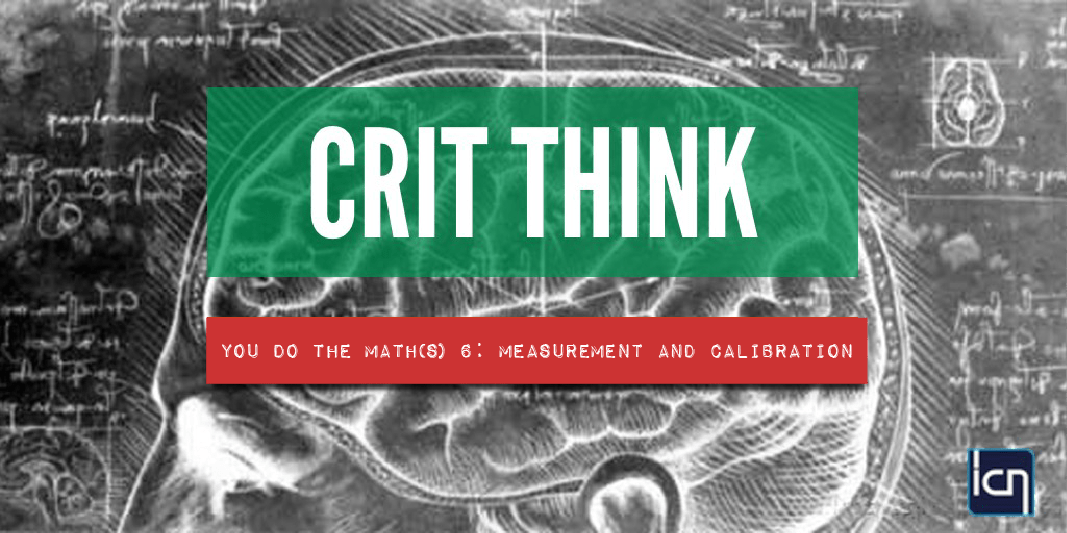Basic Science Clinic
Crit Think
You Do the Math(s) 6
Measurement & Calibration
Although this may seem a paradox, all exact science is dominated by the idea of approximation.
Bertrand Russell
Welcome to Basic Science Clinic. This is Crit Think episode 6, the final podcast in our mathematics series in which we will discuss the mathematics behind clinical measurement.
The use of ever advancing technologies is an inherent and necessary component of critical care, encompassing the most basic of measurement devices (the sphygmomanometer, the stethoscope) to the most complex methods of organ support. Such devices enable continuous monitoring and measurement of physiological variables, informing decision-making processes and underpinning management choices.
Unfortunately, the fallibilities of the clinical process extend far beyond that of human error, and increasingly so, as technological developments entail greater reliance on medical devices. Along with this, comes the tendency to overplay the perceived accuracy and precision of such devices, permitting clinical judgment to be overshadowed or misled by numerical outputs.
Accuracy and precision are terms that are colloquially interchanged, but in truth carry different meanings and different implications for specific features of the variables they are describing. While we strive for accuracy, precision represents our chance of reliably achieving it.
In this pod we’ll cover:
- Accuracy and precision
- Signal to noise ratio
- Zeroing and calibration
- Fourier analysis
Without language, thought is a vague, uncharted nebula
Ferdinand De Saussure
Word of the day: sententious (adjective). Given to moralizing in a pompous or affected manner.
For feedback, corrections and suggestions you can contact us on our twitter handles @falconzao and @sophmconnolly or post on the Intensive Care Network.

























